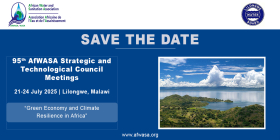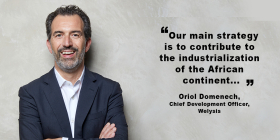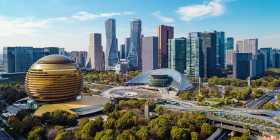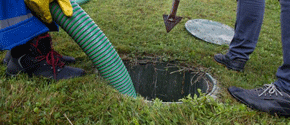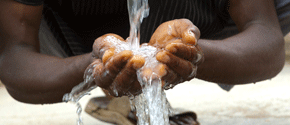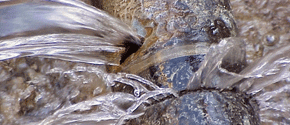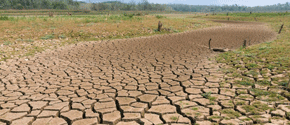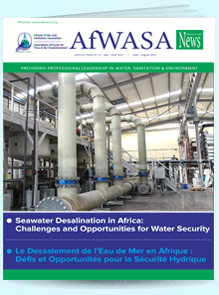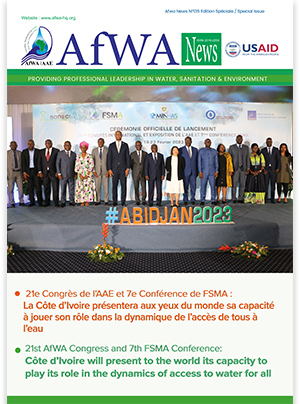The phenomenon of climate change is a reality in Côte d'Ivoire, as in the rest of the world. Even if the country does not seem to be seriously affected by the phenomenon yet compared to some others, the balance could tip at any time and harm the country's economy.
Indeed, the country's economic growth is partly based on the use of its stock of natural resources. According to Mr. Pierre Laporte, the World Bank's Director of Operations for Côte d'Ivoire, these resources have decreased by 26% between 1990 and 2014. Several visible phenomena confirm this degradation. Among them include deforestation and depletion of water reserves.
With regard mainly to water resources, which are heavily impacted in terms of both quantity and quality, safeguard actions include the fight against all forms of pollution and particularly, the adequate management of sanitation systems.
With more than 80% of the population having recourse to the autonomous sanitation system, it is up to each one individually or collectively, through our households, emptying companies or through the intervention of organizations and institutions to promote:
- the realization and maintenance of adapted sanitation works, in particular toilets and septic tanks ;
- a secure collection and transport system ;
-the provision and proper operation of dedicated treatment units.
With our farmers, let's go even further by using the product of our toilets as fertilizer to safely stimulate agriculture and reduce and capture greenhouse gas emissions.
Indeed, a recent study published by the Soil Association reveals that conversion to organic farming makes it possible to sequester in the soil, on average, between 400 and 500 kg of carbon, or approximately 1650 kg of CO2, per hectare and per year. Therefore, it would be sufficient to sequester 200 kg of carbon per hectare per year in all cultivated land to offset all greenhouse gas emissions.
Thus, carbon sequestration in the soil appears to be an important key in the fight against global warming.
Together, let's make our toilets a means of preserving life.
With our toilets, we preserve our natural resources and create wealth in a circular economy.
Sié Palé Julienne, president of the National Association Toilets for All, Côte d'Ivoire

 English
English  Français
Français 
